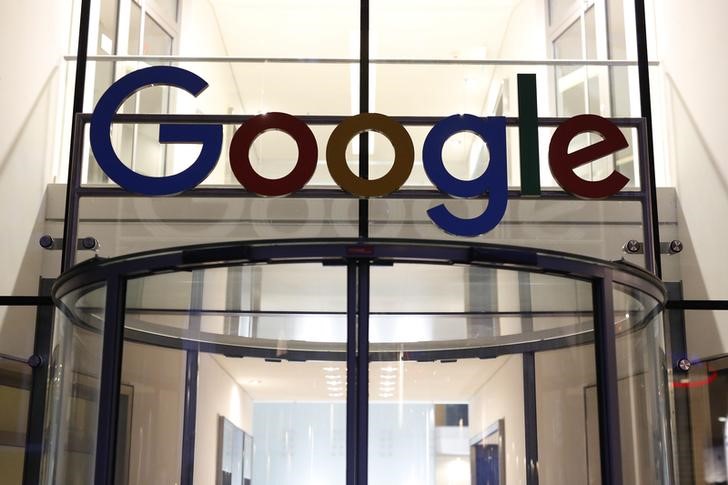On Monday, Google announced a significant advancement in quantum computing technology. The company's latest quantum chip, named Willow, successfully tackled a mathematical problem in a mere five minutes—a task that, by comparison, would take a classical computer longer than the known age of the universe to complete. This breakthrough was achieved at Google's quantum laboratory in Santa Barbara, California.
The tech giant, part of Alphabet (NASDAQ:GOOGL) Inc., is among several companies, including Microsoft (NASDAQ:MSFT) and International Business Machines (NYSE:IBM), striving to harness the power of quantum computing. The field offers the potential for processing speeds that far exceed those of the fastest current systems. Although the problem solved by Willow does not yet have commercial applications, Google envisions quantum computers eventually addressing complex issues in areas such as medicine, battery chemistry, and artificial intelligence, which are currently beyond the capabilities of conventional computing.
Willow is built with 105 quantum bits, or qubits, which serve as the fundamental components of quantum computers. Qubits operate at high speeds but are sensitive to errors, often caused by minimal disturbances like subatomic particles from cosmic events. As more qubits are integrated into a chip, the cumulative errors can negate the advantages over traditional computing. To address this, scientists have been developing quantum error-correction techniques since the 1990s.
In a recent publication in the journal Nature, Google disclosed its success in connecting Willow's qubits in a manner that reduces error rates as the number of qubits increases. The company also claims it can now correct errors in real-time, marking a crucial step towards the practical use of quantum machines. "We are past the break even point," stated Hartmut Neven, head of Google Quantum (NASDAQ:QMCO) AI.
The announcement comes after a 2019 dispute in which IBM contested Google's assertion that its quantum chip could resolve a problem infeasible for classical computers, suggesting a more optimistic timeframe with different assumptions. Addressing those critiques, Google maintained that even under the most favorable conditions for classical computing, their latest chip would outperform traditional systems by an incomparable margin, with classical computers requiring a billion years to achieve what Willow could in minutes.
While competitors may be developing chips with more qubits, Google is concentrating on the reliability of its qubits. Anthony Megrant, chief architect for Google Quantum AI, highlighted that the company has transitioned from a shared fabrication facility to its own dedicated production site for the Willow chips. This move is expected to accelerate the development of future quantum chips, which are tested in large refrigeration units known as cryostats. Megrant emphasized the importance of swiftly incorporating new ideas into the production process to enhance the learning cycle.
This article was generated with the support of AI and reviewed by an editor. For more information see our T&C.
